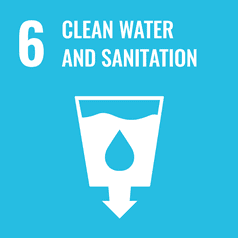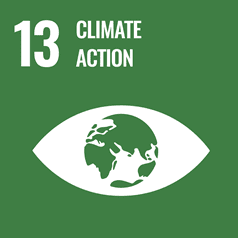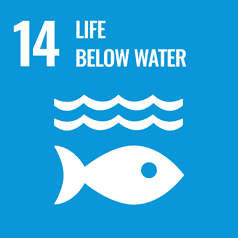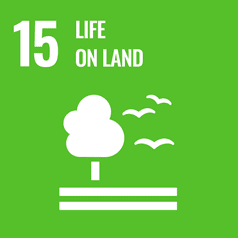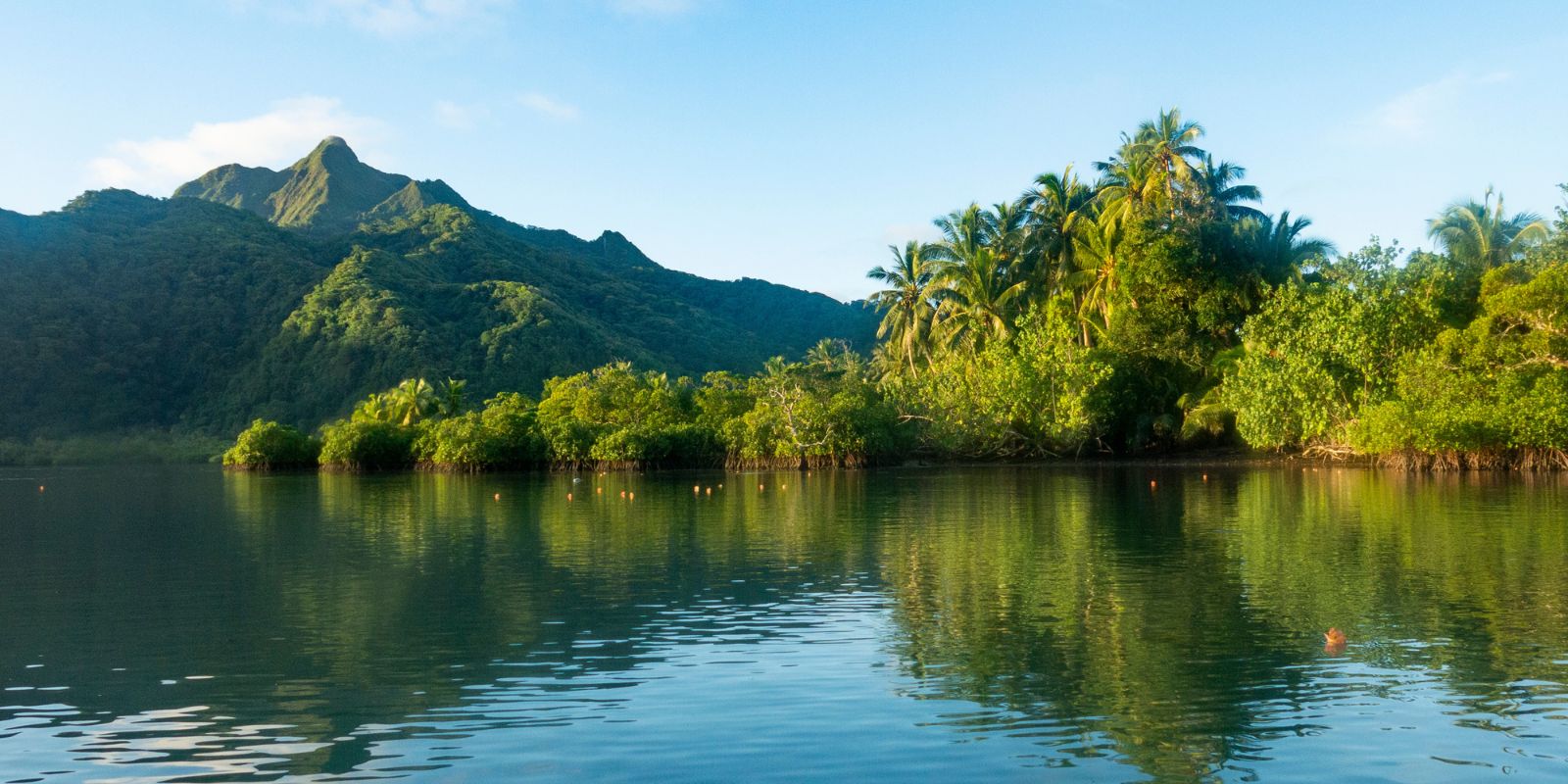
Supporting environmental sustainability in Samoa
The University of Newcastle is collaborating with government and community partners in Samoa to co-design solutions that are delivering environmental benefits and boosting regional capability.
Pacific island nations are grappling with a unique and urgent set of challenges.
They’re striving to boost economic development and job creation for their people while also maintaining traditional cultures and lifestyles. At the same time, core industries like fishing, agriculture and tourism are under threat from pollution, threats to biodiversity and climate change.
With a firm commitment to support the sustainability of its Asia Pacific neighbours, the University has co-created and co-delivered capacity-building research, education and training initiatives in 21 Pacific countries, including Samoa.
Conserving Samoa’s Mangroves
The University’s Newcastle Institute for Energy and Resources partnered with the Secretariat of the Pacific Regional Environment Programme and the people of Samoa to co-design the Moata’a Living Lab, which aims to conserve and regenerate the local mangrove environment.
Located on the island of Upolu in Samoa, the Moata’a mangrove ecosystem has long been a source of economic and community importance. Development, pollution and climate change affected the health of the mangroves, which has led to flow-on effects such as erosion and flooding. By 2020, only 5 hectares of the critical mangrove habitat remained.
Researchers and students from the University of Newcastle and the National University of Samoa have worked alongside the Moata'a Village Council and community members to develop monitoring and restoration strategies.
Today, restoration efforts are led by Samoa’s Young Women Committee. University researchers deliver the ‘Mangrove Masters’ program to train community members on management and monitoring efforts. They’ve also collaborated with Samoa’s Ministry of Natural Resources and Environment on on-the-ground management actions, following field studies that showed significant pollution levels in the mangrove ecosystem.
Increased awareness about the environmental and economic importance of the mangroves has helped drive behaviour change in the local community. Community and youth groups have led several clean-up days to remove rubbish from the Moata’a mangrove site. They’ve also planted over 2,500 seedlings in recent years to help restore the ecosystem.
The Moata’a Living Lab is a world-class example of how research, education and community collaboration can help solve urgent challenges. It even captured the attention of His Majesty King Charles and Queen Camilla, who visited the site in 2024.
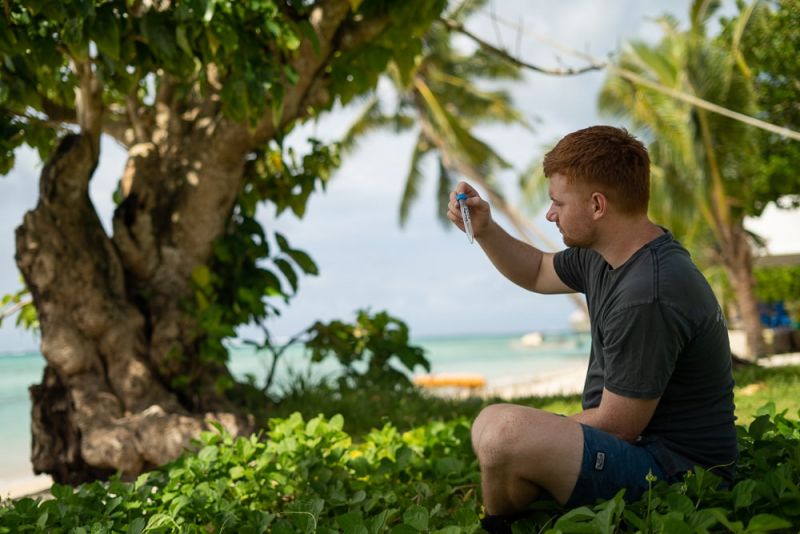
The problem of plastics
The University has also been working with government and community organisations to address the plight of plastics in Samoa’s waterways.
While the Pacific region contributes around 1% of the world’s plastic pollution, it has the highest recorded levels of floating plastics in the world. This isn’t just bad news for marine life. Plastics also pose dangers to the environment and to human health.
As plastic products break down, they create microplastics – which are smaller than a grain of rice and incredibly hard to detect. Microplastics concentrate in the digestive tracts of fish and bivalves like oysters. This has flow-on effects to predators up the food chain, including the fish that humans eat.
The University has partnered with marine scientists from Samoa’s Ministry of Natural Resources and Environment, the Scientific Research Organisation of Samoa, and the National University of Samoa to train students in the collection and analysis of microplastics in the country’s oceans and waterways. Data collected is helping Samoa develop benchmarks, targets and goals for plastic reduction.
Funding from the Australian Government’s New Colombo Plan program also enabled University of Newcastle students to participate in a microplastics study in Samoa in 2024, where they investigated coastal processes, morphology and sedimentology around the coasts of Upolu.
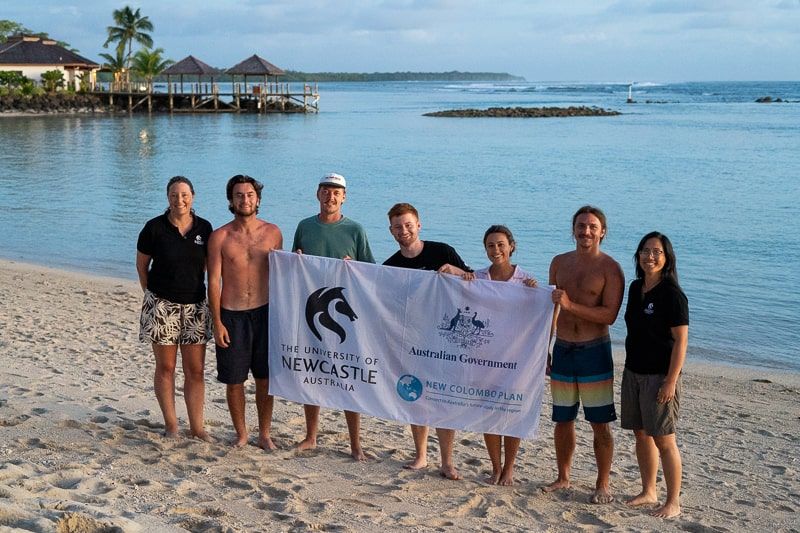
Paving the way for future collaborations
These and other efforts are part of the University’s Pacific Initiative. With an initial focus on climate resilience and biodiversity, collaborations have evolved to include clean energy, recycling innovation and waste management.
Scholarships and study trips see students complete projects aligned to priorities of the Secretariat of the Pacific Regional Environment Programme, including coral restoration, invasive species and pollution control.
The University is training staff from the Ministry of Natural Resources and Environment through the Australian-Samoan management of Masters research and PhD programs.
Annual Wantok Pasifika events also provide opportunities for stakeholders to come together to celebrate the impact of these efforts for the people of Samoa.
More information:
Belinda Kerrison
Research Development Coordinator
Newcastle Institute for Energy and Resources
T: +61 (02) 4042 0439
E: Belinda.Kerrison@newcastle.edu.au
Last updated September 2025
Aligned with the United Nations Sustainable Development Goals
Read more research impact case studies
The University of Newcastle acknowledges the traditional custodians of the lands within our footprint areas: Awabakal, Darkinjung, Biripai, Worimi, Wonnarua, and Eora Nations. We also pay respect to the wisdom of our Elders past and present.


